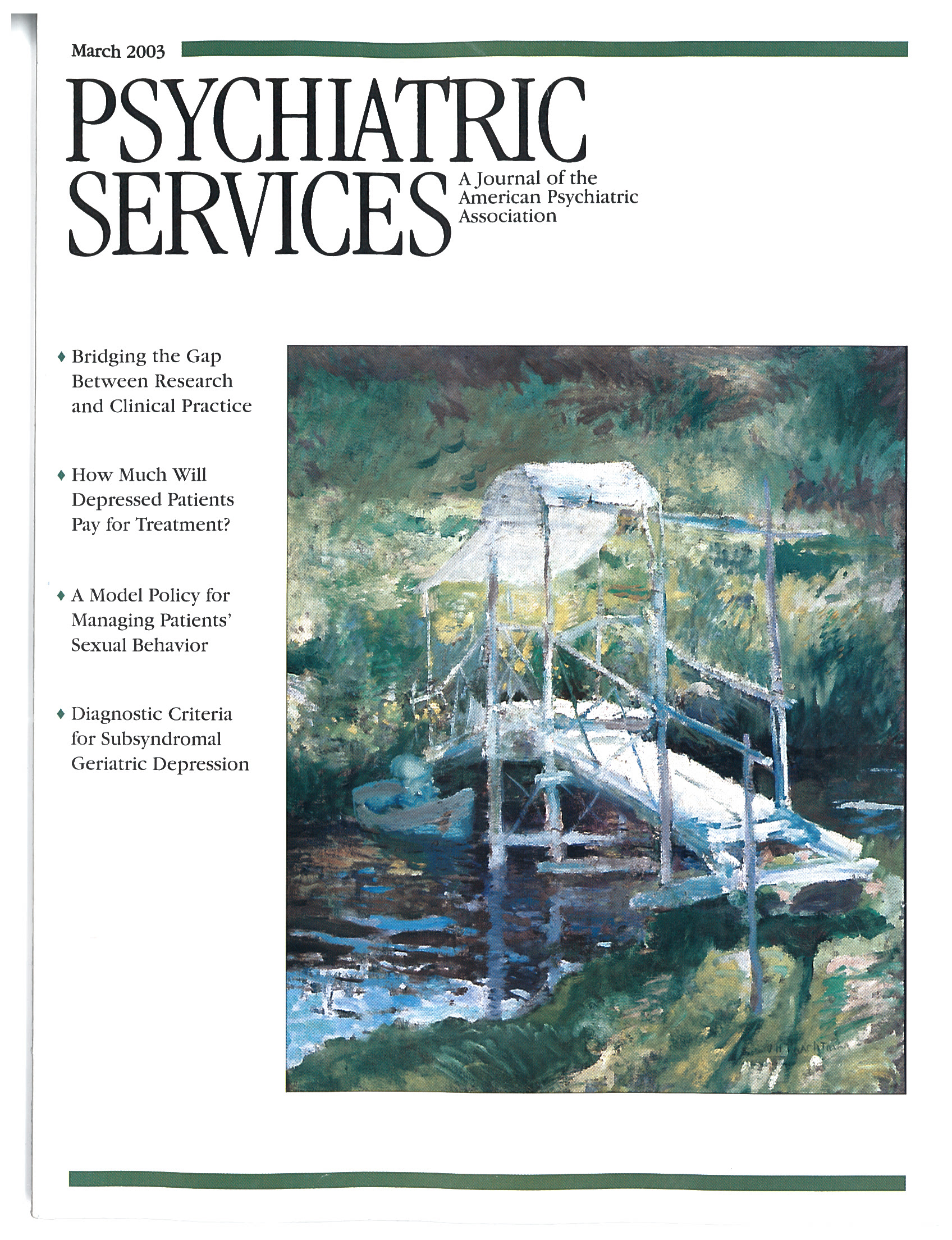Managing Sexual Behavior on Adult Acute Care Inpatient Psychiatric Units
Abstract
OBJECTIVE: Protecting and safeguarding persons with impaired decisional capacity are among the critical functions of a psychiatric hospital. The objective of this study was to investigate the elements of these functions as they relate to sexual behavior on an adult acute care inpatient psychiatric unit and to develop a policy to prevent or at least manage such behavior. METHODS: The authors undertook an extensive literature review of articles and legal cases. The review was presented at numerous meetings of staff and interdisciplinary teams on the adult teaching unit at Bellevue Hospital in New York City. The findings from the review and the results of staff discussions were used in creating the policy. RESULTS AND CONCLUSIONS: In the acute care setting, it may be both reasonable and prudent to prevent all sexual interactions between patients, especially given the potential risks of such behavior. Concerns include the transmission of sexually transmitted disease, reproductive issues, and the legal implications of nonconsensual activity. Despite these concerns, adult psychiatric inpatients should be granted as many rights as are possible without having an adverse effect on their treatment or recovery. There is currently no standard for a sexual behavior policy for psychiatric inpatients. Thus ward staff are left with minimal guidance and potential confusion in the event that sexual incidents do occur, and there is a greater likelihood of arbitrary responses. The policy developed through this study is an example of how individual institutions can enforce a structured protocol when dealing with an ambiguous and difficult issue.



